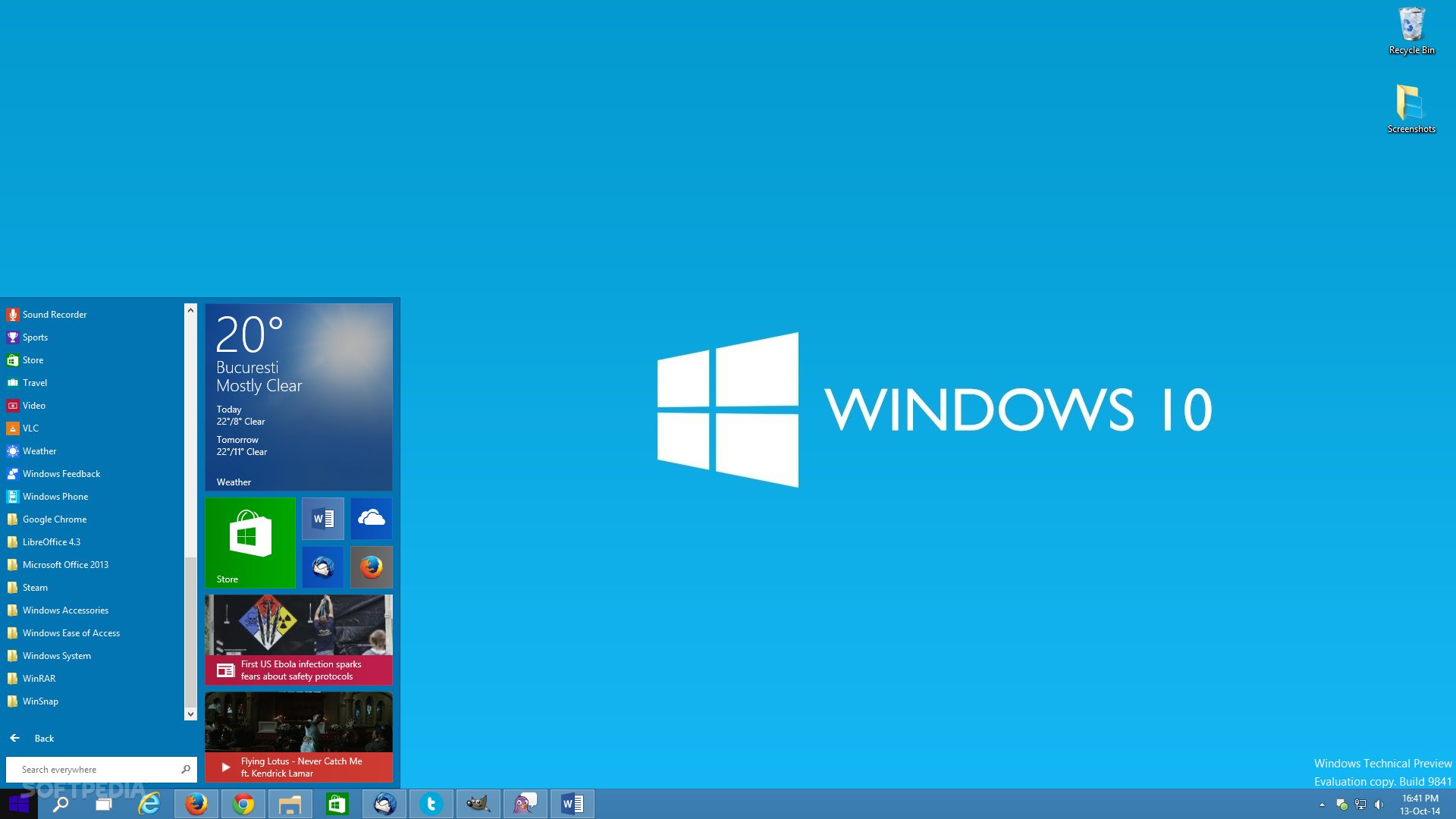Employee protests against Google’s cloud computing contract with the Israeli government, Project Nimbus, have been triggered by the controversy surrounding the project, which they feel aids the development of military equipment. This article examines the project’s specifics, the ethical issues brought up by staff members, and the larger discussion around the obligations of digital corporations.
Significantly, Google’s participation in the contentious cloud computing contract with the Israeli government, known as Project Nimbus, has resulted in reaction among the company’s staff. The goal of this $1.2 billion initiative, which was given to Google and Amazon.com in 2021, is to provide Israel access to cutting-edge cloud services for a range of industries, including healthcare, education, and transportation. Yet, the initiative has provoked objections and allegations from Google staff members who feel that it encourages the Israeli government’s development of military hardware.
The Nimbus Project: Strengthening the Digital Revolution in Israel
The Israeli government’s strategic initiative to harness the power of cloud computing and cutting-edge technologies is called Project Nimbus. Israel aims to expedite its digital transition by forming partnerships with tech behemoths such as Google and Amazon, which would facilitate advanced computing capabilities such as AI training, large-scale data analysis, database hosting, and more. The initiative intends to improve the nation’s digital capabilities by addressing issues in a number of industries.
Workers Express Concerns About Ethical Consequences
Even though the initiative is expected to result in substantial technical improvements, some Google workers are worried about the ethical ramifications of the company’s engagement in this project. The “No Tech For Apartheid” movement has coordinated protests and sit-ins at Google headquarters in Seattle, California, and New York City. Nine Google workers were taken into custody during a sit-in protest against Project Nimbus, according to The Verge.
The employees who are protesting claim that the Israeli government, which is at war with Gaza, is developing military weapons with the backing of Project Nimbus. They contend that Google’s agreement with Israel fuels continuous hostilities and leads to abuses of human rights.
Google’s Reaction: Judging Concerns for Employees and Business
Google CEO Sundar Pichai issued a public warning in reaction to the demonstrations, asking staff members to refrain from engaging in political activity while working for the firm. Pichai highlighted that norms and expectations set out by the firm should be followed, as Google is a place of work and not a venue for personal or political goals.
The Nimbus contract, according to Google, “is not directed at highly sensitive, classified, or military workloads relevant to weapons or intelligence services.” But the business has come under fire for what is seen as a lack of openness and for not addressing the moral questions brought up by staff members.
The More Comprehensive Discussion: Technology Companies and Ethical Obligations
The ongoing debate about the ethical responsibilities of tech companies is brought to light by the controversy surrounding Project Nimbus. These businesses have enormous technical clout and influence, therefore their participation in contentious collaborations or initiatives may have far-reaching effects.
Critics contend that when interacting with governments or organizations engaged in wars or human rights abuses, digital companies like Google need to be more circumspect and scrutinizing. To make sure that their technology are not utilized in ways that are inconsistent with their professed beliefs and ideals, they stress the need of open and moral decision-making procedures.
However, supporters contend that these businesses need to put their commercial interests first and remain impartial, keeping their activities apart from disputes based on politics or ideologies.
Final Thoughts: Striking the Correct Balance
It is critical that digital giants like Google find a balance between their moral obligations and corporate goals while the discussion rages on. Navigating these difficult issues may require open communication with staff members, honestly addressing their concerns, and the establishment of strong ethical standards.
The controversy surrounding the Project Nimbus ultimately serves as a reminder that technological companies have enormous ethical responsibilities and that their choices can have a significant impact on global conflicts and societies.




One thought on ““Project Nimbus Debate at Google Amid Employee Protests””